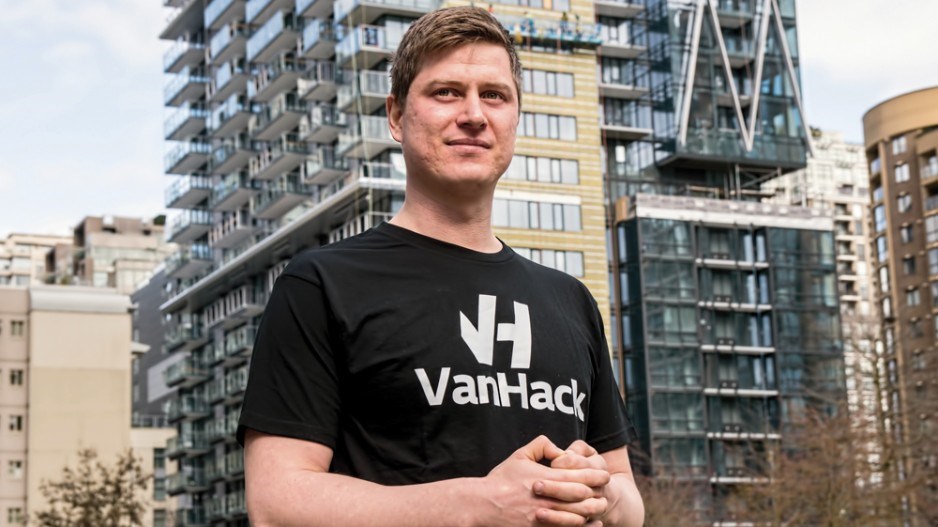When Vancouver-based tech recruiter Jill Masalonga was hunting for junior software engineers three or four years ago, employers were offering salaries ranging from $70,000 to $80,000.
“[By] 2020 they were close to $85,000, and now it’s $89,000,” said Masalonga, a Canadian immigration consultant, who has been recruiting talent for more than a decade.
But with more venture capital pouring into B.C., creating more than a dozen local unicorns since the pandemic, as well as the likes of Amazon.com Inc. (Nasdaq:AMZN) and Microsoft Corp. (Nasdaq:MSFT) seeking out thousands more workers in Vancouver, she said senior talent can now fetch salaries up to $200,000.
“We’re in a pandemic-driven market right now because one candidate could have three or four job offers on their hands, and it’s just mind-blowing to me that we’re offering them these huge salaries that they have the capacity to reject,” Masalonga said, adding that salaries are also being driven up by Silicon Valley firms recruiting locals to work remotely.
This talent crunch is putting more pressure on local startups to get creative when competing with deep-pocketed multinational giants.
A July 2021 Scoring Tech Talent report, released by real estate services firm CBRE Group Inc., pegged Vancouver as North America’s No. 11 tech sector hub.
The report found the number of tech workers in the region grew to 91,200 last year — up from 84,900 workers based in the city in 2020.
Despite surging demand for talent, CBRE found the average tech worker in Vancouver was paid US$66,485 last year – the fourth-lowest in the 50-city rankings.
But Masalonga said employers are having a lot of discussions now about how to stay competitive: paid-time off, remote working options and bonuses to be paid out after a year’s service are all becoming commonplace.
Meanwhile, VanHack Technologies Inc. CEO Ilya Brotzky said his recruitment firm is the busiest it’s ever been, currently advertising 1,100 open positions on its platform. His own company’s headcount has expanded to 80 from 30.
While Masalonga said most of her clients prefer either recruiting workers locally or from overseas, Brotzky said he’s been hard-pressed to find companies insisting on locally based employees.
“Now it’s even more companies hiring people who are a little bit more junior, doing internal training programs like that, rather than just hiring seniors in different locations,” he said.
VanHack has also been waiving placement fees for Ukrainian tech workers being sought after by local firms.
“We’ve had over 100 companies sign up,” Brotzky said.
“The challenge has been that a lot of the candidates are really not in a good position right now in terms of [working remotely].”
While some potential workers have made their way out of Ukraine, others remain in the country under attack.
“A lot have replied saying, ‘I’m in a bomb shelter right now, or ‘I’m in a line to get food,’” Brotzky said. “So it’s pretty heartbreaking.”
Prior to the pandemic, Vancouver had cultivated a reputation in the global tech sector as a city where turnover was less of an issue than in Silicon Valley.
But Brotzky said the rapid growth of B.C.’s tech sector is changing the labour market.
“We do hear stories from our customers that have had three people or two people leave to go to ‘X’ large company,” he said. “It’s definitely an issue.”
Masalonga is hoping policymakers will be able to help address this talent crunch, noting immigration can solve some of the long-term shortage, but more space in post-secondary institutions will be needed in the long term
“It’s just frustrating at the end of the day,” she said.




